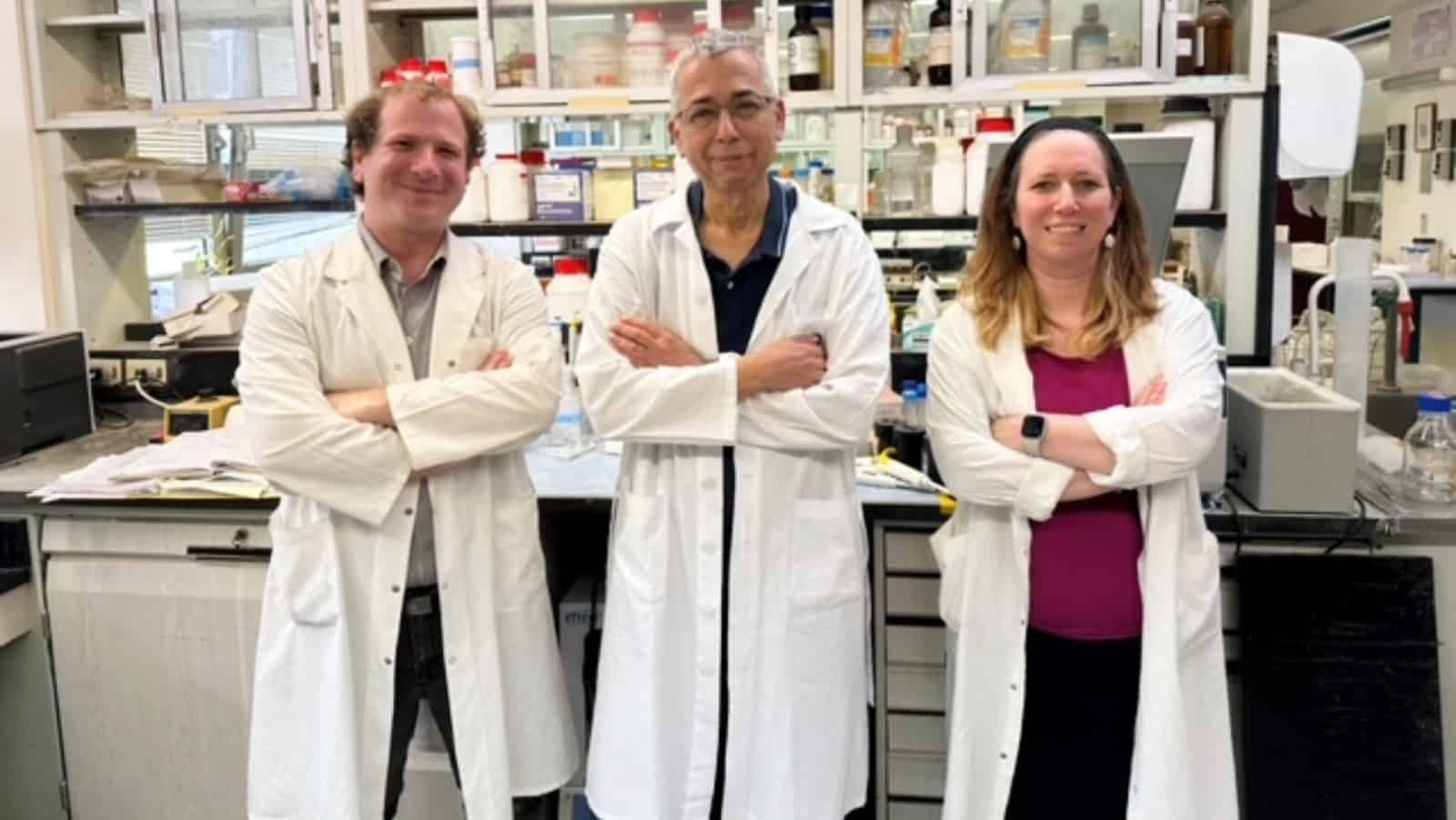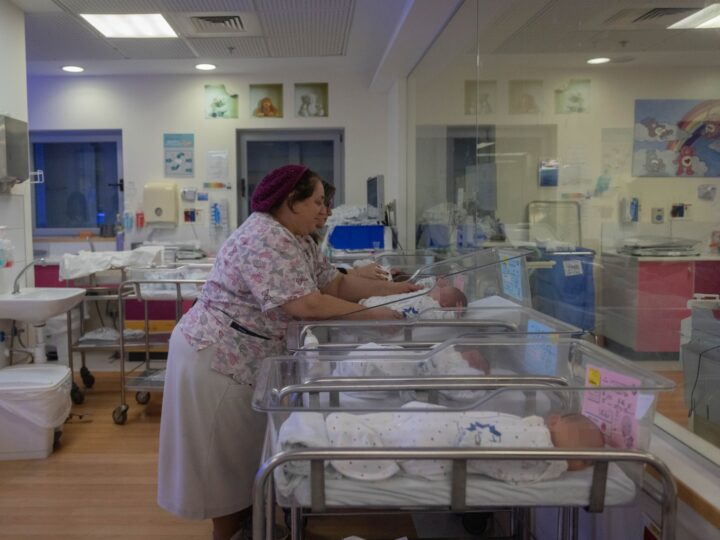A 57-year-old advanced lung-cancer patient was brought to Hadassah University Medical Center in Jerusalem, unconscious from dangerously low blood sugar (hypoglycemia) due to a rare complication in which the tumor secretes a protein that diverts sugar into the muscle.
The doctors tried to raise his blood-sugar levels with conventional treatments but nothing helped.
In fear for the patient’s life, Hadassah oncologists and endocrinologists tried something radical. And their resourcefulness led to a scientific breakthrough, as described in the New England Journal of Medicine.
“We started researching and looking for a solution for the patient until we came up with a drug called Alpelisib,” said Prof. Gil Leibowitz, director of the Diabetes Unit at Hadassah.
“Alpelisib is intended for the treatment of breast cancer. It works by inhibiting the pathway activated by the same protein that is responsible for the increased absorption of sugar in the muscle, and thus blood sugar levels rise,” he explained.
“The mechanism was never proven, but we knew we had nothing to lose. The patient’s condition was deteriorating, and we had to think out of the box and act immediately.”
A financial hurdle
Now they faced another problem. Treatment with Alpelisib costs tens of thousands of dollars. It was not covered by national health insurance and the patient’s family could not afford it.
“When we first applied to the pharmaceutical company for compassionate treatment, we received a negative response due to the need for prior knowledge in the medical literature to use the drug in the context we wanted,” said Leibowitz.
Undeterred, they obtained a dosage of the drug through the Haverim Le’Refuah (Friends for Health) national nonprofit organization.
“Within a few hours of treatment, the patient’s measurements changed amazingly. We saw a gradual increase in blood sugar levels. From the second day, the patient stopped suffering from hypoglycemia,” Leibowitz reported.
The excellent results led to Alpelisib’s maker agreeing to fund the compassionate treatment for the patient for the rest of his life.
How does it work?
“The results were unequivocal and very exciting,” said Leibowitz. “We thought out of the box and fought for the patient, and the results were seen within a few hours. We realized that we had accomplished something extraordinary that could provide a relatively simple solution to a challenging problem.”
“We decided we had to fight for him, and the results were seen within a few hours.”
Dr. Gil Leibowitz, Hadassah
To understand the mechanism of how Alpelisib worked for the lung-cancer patient, Leibowitz and his team turned to Prof. Shulamit Levenberg, head of the Tissue and Stem Cell Engineering Laboratory at the Faculty of Biomedical Engineering at the Technion-Israel Institute of Technology.
Levenberg and doctoral student Hagit Shochat provided scientific proof of how Alpelisib affected the absorption of glucose within muscle cells, preventing hypoglycemia.
Leibowitz said many readers of the New England Journal of Medicine have contacted them about the breakthrough.
“We hope this publication will lead to broader use of this drug for patients suffering from severe hypoglycemia and that the drug’s accessibility will increase for these patients,” he said.
















